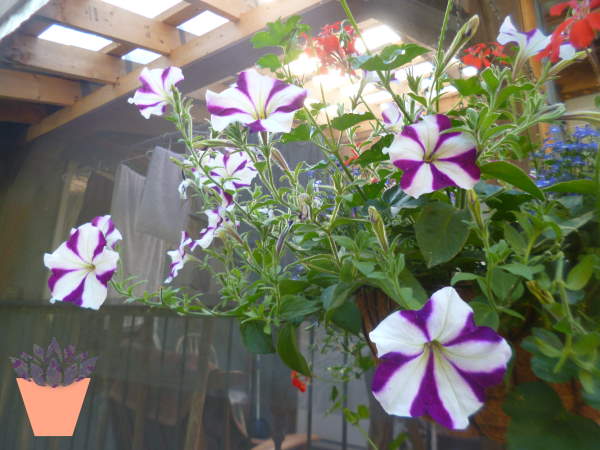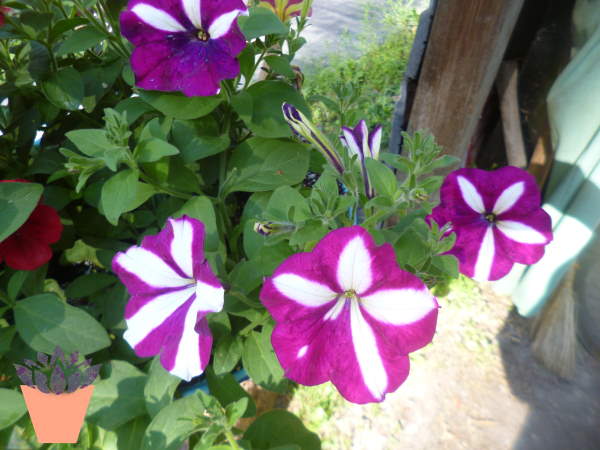That is the question…
The accurate form of address for someone that has completed the study of horticulture and is using it to successfully grow plants is a Horticulturist. So often I’ve been referred to as a Horticulturalist, but that’s just wrong.
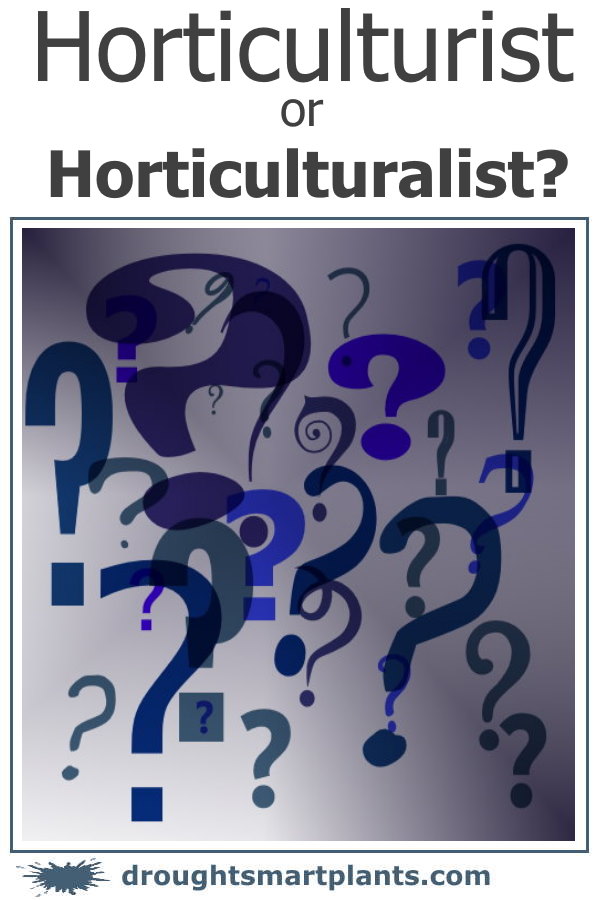
I discovered my passion late; I had always loved growing plants and gardening, mostly with my Dad, who was an avid vegetable gardener, and also grew the best roses and peonies.
His raspberries were always tied properly, old canes pruned out correctly every year, but I never really paid that much attention to the care they took.
It was only after I grew up and moved to a little hobby farm in Bradner, British Columbia that it all came to fruition.
The steep learning curve of bringing some old lilac trees back to life and bloom, discovering by trial and error, and the help of a little handbook how to prune apple and cherry trees, and all about vermin (the small and furry kind especially) was the beginning.
I enjoyed the challenge, and then one day, saw an advertisement in the local paper about the new Ornamental Horticulture course that was being started at Fraser Valley College.
That was a no-brainer; I was off like a shot to get my name in, and luckily, being unemployed at the time staying home with my two little girls, I was eligible for some funding.
The course was harder than I thought; it’s not enough to just have an interest, you have to have a passion to learn all about plants, and even the sometimes boring and humdrum things to need to do to care for them.
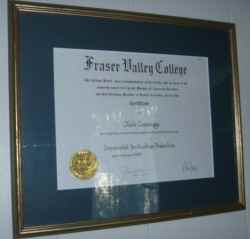
The course was geared to the horticulture and greenhouse industry in an effort to produce workers for the growing sector.
It wasn’t really aimed at people starting their own horticulture business, but bonding with the other students, and learning how to keep records, landscape the grounds, propagate the plants in the big greenhouse was just enough to whet the appetite of those of us that were interested.
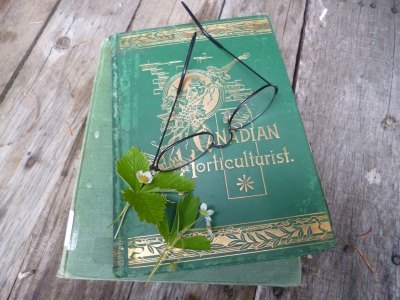
In time, through the summer, I was hired for my practicum at a wholesale nursery in Langley, B.C. and went back full time after I received my diploma.
I could be called a Certified Horticulturist!
In the intervening years, I’ve been fortunate to work for some great people, all of whom have the gardening and plant growing bug.
I’ve soaked up their information like a sponge – this is not something you can just learn in a class; it’s crucial to immerse yourself in the experience and actually do it.
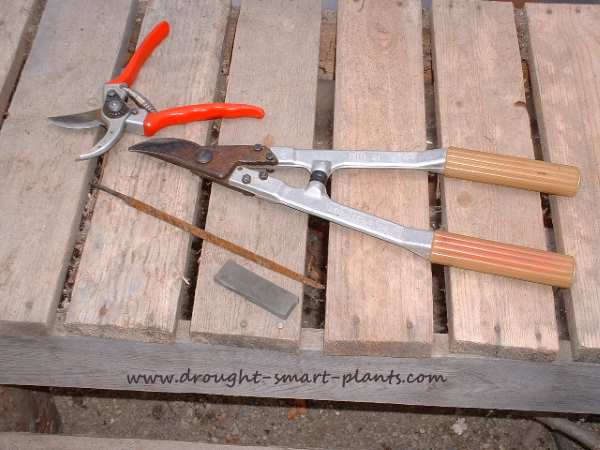
As a Certified Horticulturist, I’ve grown lots of different plants, but these succulents are hands down the easiest and most accommodating plants to grow in challenging conditions.
Anyone can have great success, even in drought conditions. Sharing my knowledge about which plants to grow for a great looking healthy garden is one of my greatest pleasures.
Seeing a novice gardeners glowing face when they realize how successful they can be, or the covetous look of a fellow collector when they see a new and different Sedum, and the pleasure they feel when I offer a cutting (or more likely, a clump) is so satisfying – to both parties.
Odd Things That Horticulturists Find Fascinating;
Or; why cuttings don’t always look identical to their parent.
I like growing petunias in my hanging baskets, but like all gardeners, sometimes I just have to have more, so I take cuttings. The cuttings root and look just like their mother, but sometimes, the flowers look different.
These are the things that get the cogs turning.
In gratitude to my alma mater, which now goes by the name of University of Fraser Valley, I’m donating a few plants for the new campus, which will be planted in some large planters along with some little conifers for a great display of some drought tolerant examples for new addicts to drool over – might as well get them started young!

